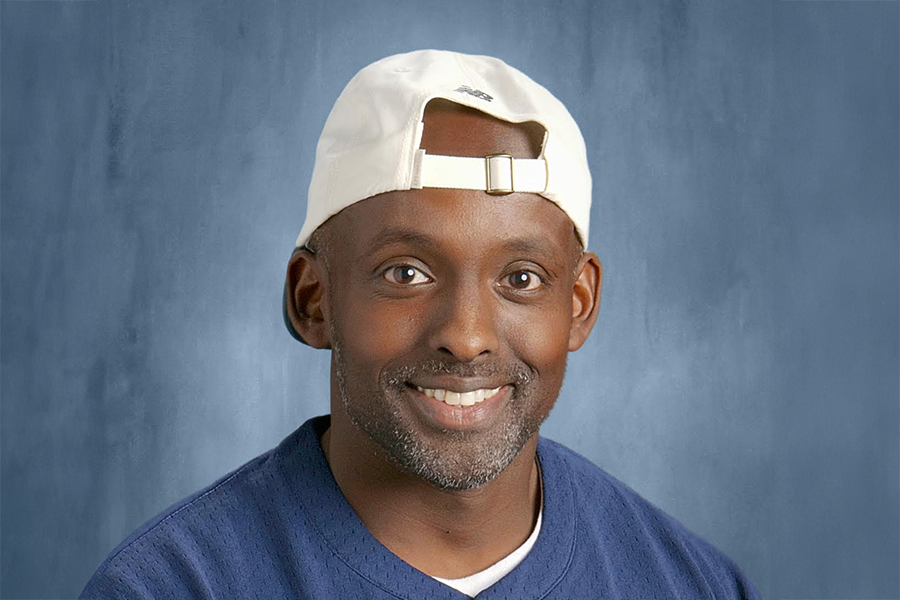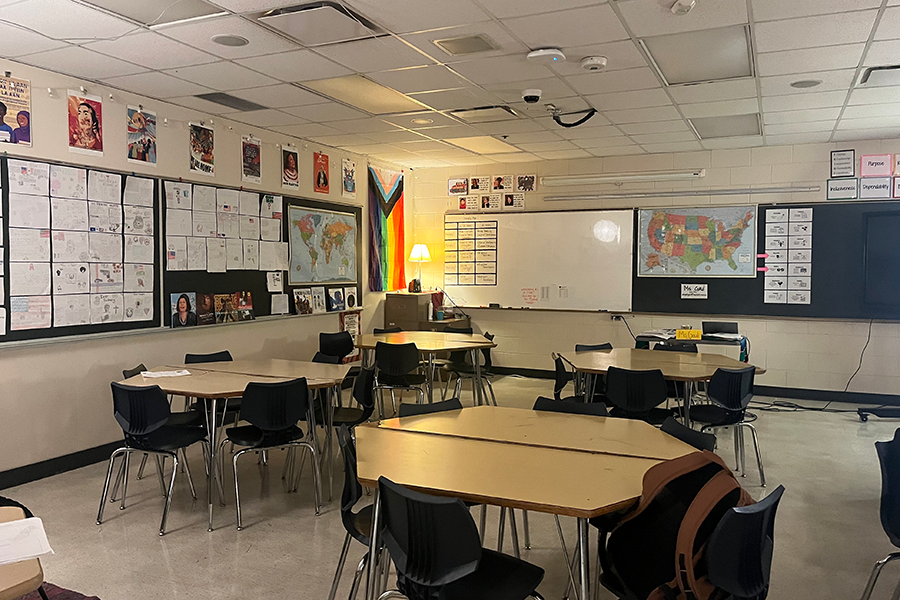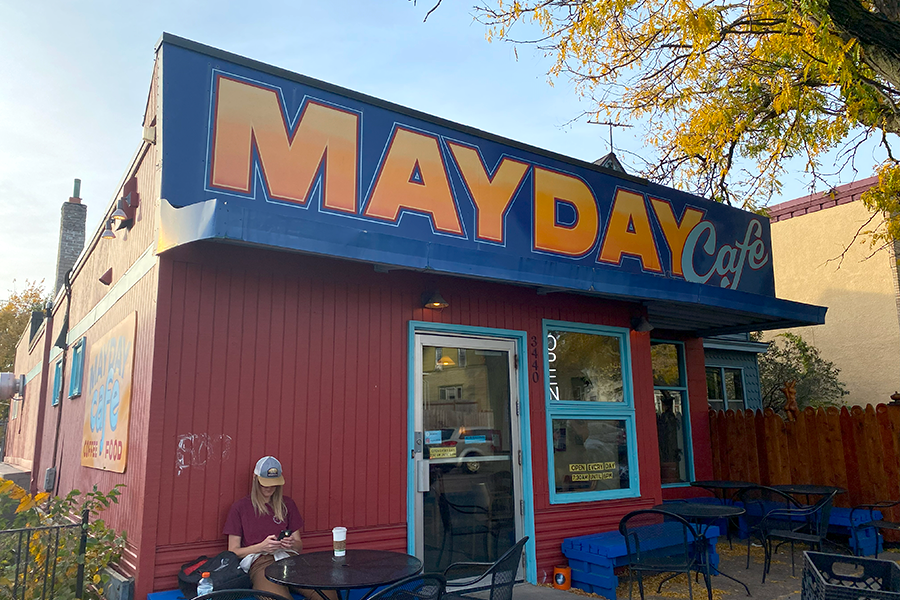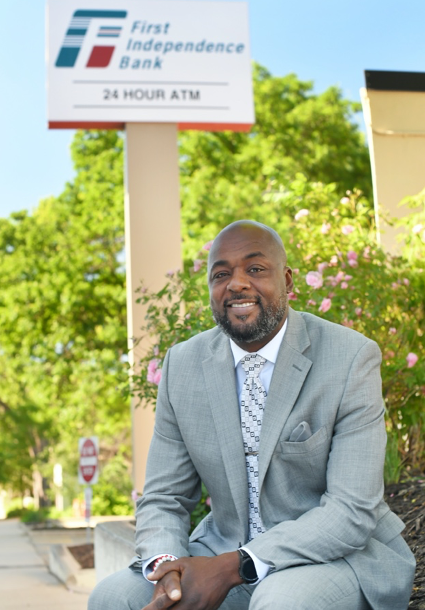Through South’s Youth in Government (YIG) delegations, students are getting an inside look at what it is like to be a part of the Minnesota State Legislature and the United Nations. The experiences in Model Assembly and Model United Nations are offering students new skills and making them part of a more informed citizenry who know how a bill becomes a law or how the United Nations decides to impose sanctions.
South’s delegation was started three years ago by student council adviser Nicole Schneider, but starting this year, social studies teacher Elliot Hanson will become the director of the Model U.N. aspect of the school’s Youth in Government (YIG) program. Hanson said, “I wanted to do the Model United Nations because I teach world history and it’s applicable to my kids.”
The other part of the YIG program is the Model Assembly. “Model Assembly is about doing mock legislature and Supreme Court. Students write their own bills, debate bills, and pass their own bills,” said Schneider.
Senior Sylvia Reilly, who has participated in YIG since the eighth grade, said, “Model Assembly is a much bigger program than Model U.N.; we had a record attendance this year, with fifteen hundred kids. Model U.N. is much smaller, more like a couple hundred.” She believes that “Model Assembly is more popular because you represent your own views instead of researching the country’s view.”
Model U.N. is coming up in March, with applications available in Hanson’s room. The first part of transforming from student to delegate is being assigned a country. Hanson said, “They are assigned to a country, they have their choices and cross their fingers and hope they get the country they want. Before they go, they have to write up a status report and position paper on their country.” Both of these assignments help get the delegate into the mindset of the country they will be representing.
This is the second year of doing YIG for sophomore Abigail Harrison, who said, “Model U.N. seems to be a lot lighter. You still get into character, but it’s easier to make jokes.”
Since its creation, the YIG delegation has been expanding. Reilly said that she’s “definitely seen it grow. My freshman year, I was the only one doing Model Assembly. Through the past couple of years it has grown quite a bit.” Harrison agreed, stating that one of the goals this year was “trying to increase the number of people who showed interest or actually signed up.”
Schneider explained that “South’s delegation is usually anywhere between ten to thirty kids.” Among that group, Reilly said, “Composition-wise, it is generally more girls than guys,” but added that “everyone at South who participates brings a different perspective, culturally, racially, and economically. We are just different from the rest of the delegations of the state. That’s the reason why the directors of the program are working towards getting more city schools involved.”
Despite the work needed to be involved with YIG, once students do Model Assembly or Model U.N., Schneider said, “they tend to want to come back because they have such a good time doing it.”
Everyone takes away something different from the YIG experience. Hanson said, “It’s really student-run, you get hands-on experience with how politics works.” But more is learned than just the process of local and global lawmaking.
Harrison, who is currently planning on a science major in college, said, “The most major thing I gained was speaking skills and being able to argue intelligently with someone about something that matters to me.”
“Over the five years,” Reilly said, “I gained public speaking skills, networking skills, self-confidence, leadership skills, debating skills, and I gained friends. I’ve met so many incredible people.”
To people interested in becoming part of South’s delegation, Harrison had this to say: “Youth in Government is incredibly fun…Don’t be intimidated by the way that it sounds, they do an amazing job of making it interesting.” About the YIG program, Hanson added, “Anyone interested in current events or global issues, this is for them.”






